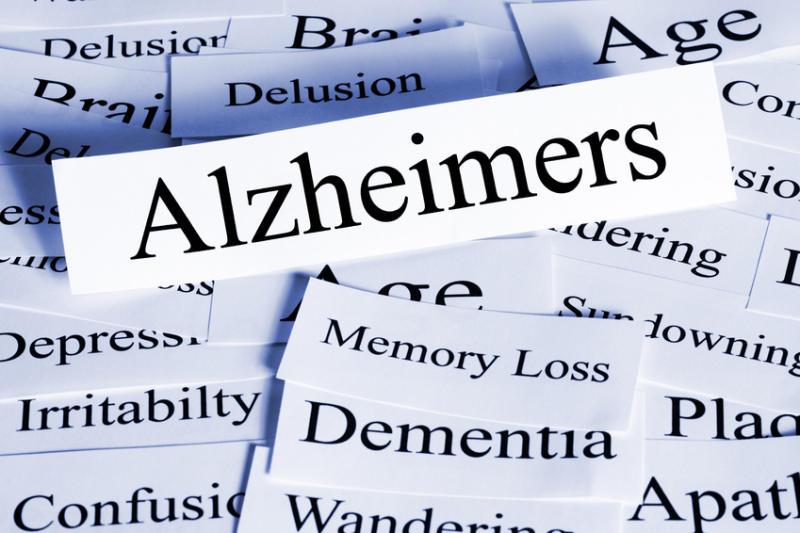Alzheimers
Being A Primary Carer For A
Relative with Alzheimer
Alzheimers disease is described as a progressive disorder of the brain that steadily destroys a persons’ memory, ability to learn,reason, make judgments,communicate and carry out daily activities. Alzheimers is a desperately cruel disease with respect to the fact that it robs people (by and large) of their dignity and their independence at a stage in life when they need it most. The Alzheimer’s Society in the United Kingdom claimed in a recent survey that over 750,000 people suffered from Alzheimer’s and related dementia problems. In the United States it is calculated that an estimated 4.5 million people suffer from Alzheimer’s and that this figure has doubled since 1980. Added alarming statistics highlight the fact that it is possible that in the US alone, the number of people suffering from Alzheimer’s may possibly more than double to between 11.5 and 13 million sufferers by 2050.
Alzheimers disease is described as a progressive disorder of the brain that steadily destroys a persons’ memory, ability to learn, reason, make judgments, communicate and carry out daily activities. As the disease progresses, sufferers may also experience changes in their personality and display such behavioral changes ranging from anxiety, agitation or suspicion right up to and / or including delusions and hallucinations. Despite the fact there is currently no cure for Alzheimer’s, new treatments are on the horizon as a result of accelerating insight into the biology of the disease. Research has also shown that effective care and support can improve quality of life for individuals and their caregivers over the course of the disease from diagnosis to the end of life. Considering the long term implications for Alzheimer’s sufferers, the hidden sociological impact will in reality be borne on the shoulders of those who will be caring for the sufferers. It is indeed a bittersweet irony that those who care for the sufferers in reality suffer more than the sufferers do themselves.
You can also ensure that you are taking steps to preserve your own well-being. Caring for someone who has Alzheimer's disease or another illness involving dementia can be very difficult, time-consuming, and stressful. Here are some more things a care giver can do to help the person with Alzheimer's disease while also reducing the substantial burden that comes with care giving:
* Stay Informed - Knowledge equals power. The more you know about Alzheimer's disease or any other signs of dementia, the better you can prepare yourself to deal with problems that may arise.
* Share concerns with the person - A person who is mildly to moderately impaired can assist in his/her own care. Memory aides and other strategies can be created by the person with dementia and the care giver together. This is easier said than done I know, but you have to give it a try. But, and this is a big but, it is essential that you realize that you are probably dealing with a person who if they have any cognizance at all, will be in denial.
* Solve problems one at a time - A multitude of problems may occur that may seem insurmountable at the time. Work on one specific problem at a time -- you do not have to solve every problem all at once. As the saying goes “Success by the inch is a cinch, by the yard it’s hard” and in this case this has never been more true.
* Use your imagination - One of the keys to handling this disease is your ability to adapt. If something can't be done one way, try another. For example, if the person only uses his or her fingers for eating, do not keep fighting; just serve as many finger foods as possible!
* Establish an environment that encourages freedom and activity within limits. Try to create a stable, balanced schedule for meals, medication, etc. but also encourage activities that the patient can handle such as taking a walk or visiting an old friend.
Remember, the person with Alzheimer disease is not the only one whose needs must be taken into consideration. You as a caregiver have needs and desires that must also be met. First, try and find some time for yourself. Even though this suggestion may seem like an impossibility, find some time during the week where you can have someone else watch the patient -- be it a relative, friend, or neighbor -- and do something for yourself.
* Avoid social isolation - Keep up contacts with friends and relatives. It’s easy to get burned out when it seems like you have no one to turn to. Another way to establish contacts is by joining the Alzheimer's Association or other such support groups. Talking with other families who share many of the very same problems can be reassuring as it helps you know you are not alone in your round-the-clock struggles.
Care For Caregivers If you're caring for an aging parent or facing the challenges of assisting a loved one or friend who is chronically ill, disabled or elderly, you are not alone. You are one of the 22 million Americans who care for an older adult. Caregivers provide 80 percent of in-home care, but unlike nurses and home health aids, they are unpaid for their labor of love. "Caregiving is a difficult job that can take a toll on relationships, jobs and emotional well-being," says Dr. Elizabeth Clark, executive director of the National Association of Social Workers. "Those who care for others need to be sure to take care of themselves, as well."
Here are some important tips for caregivers:
• Don't Be Afraid to Ask For Help. We tend to wait until we are in crisis before asking for help and consultation. Seek out the help of a licensed clinical social worker or other trained professional.
• It's Not Easy to Tell Your Parents What to Do. The most difficult thing about caring for a parent is the day you have to tell them they need to have help, they can no longer drive or they may have to move from their home. Discuss long-term care wishes and desires before any decline happens.
• Take Care of Your Mental Health. It is not unusual to feel frustrated with your parents or children when they refuse your input and help. Seek a referral to a professional who can help you cope with your personal issues and frustrations.
• Stay Informed. We live in a world of constant change. Medications and treatments are constantly changing and the only way to keep up-to-date is to stay informed with the latest news. Attend local caregiver conferences, participate in support groups, speak with friends and relatives, and talk with professionals in the field of gerontology and geriatrics.
• Take Time Out. Caregivers who experience feelings of burnout need to accept that occasionally they may need a break from their loved one in order to provide him or her with the best care.
• Laugh
Humor and laughter are tremendous healers.
• Hire Help. If possible, you may want to hire help. The most important thing is to find trustworthy people to provide assistance. Use recommended home care agencies, talk with friends about their experiences and interview professionals before deciding on the one you are going to retain.
Mental Toughness-Managing Stress Effectively
InternetBusinessIdeas-Viralmarketing Homepage
Tweet
Follow @Charlesfrize









